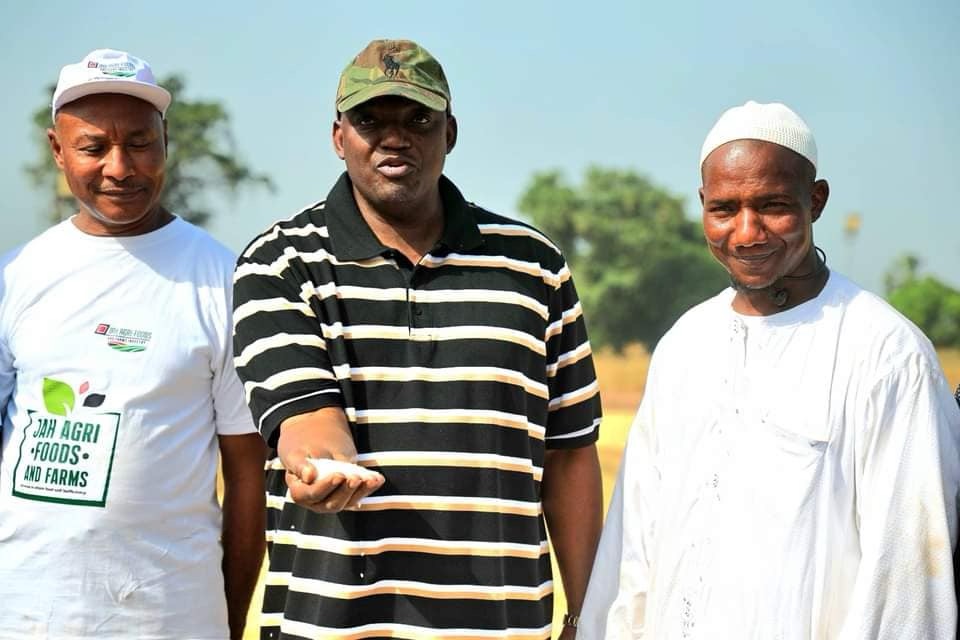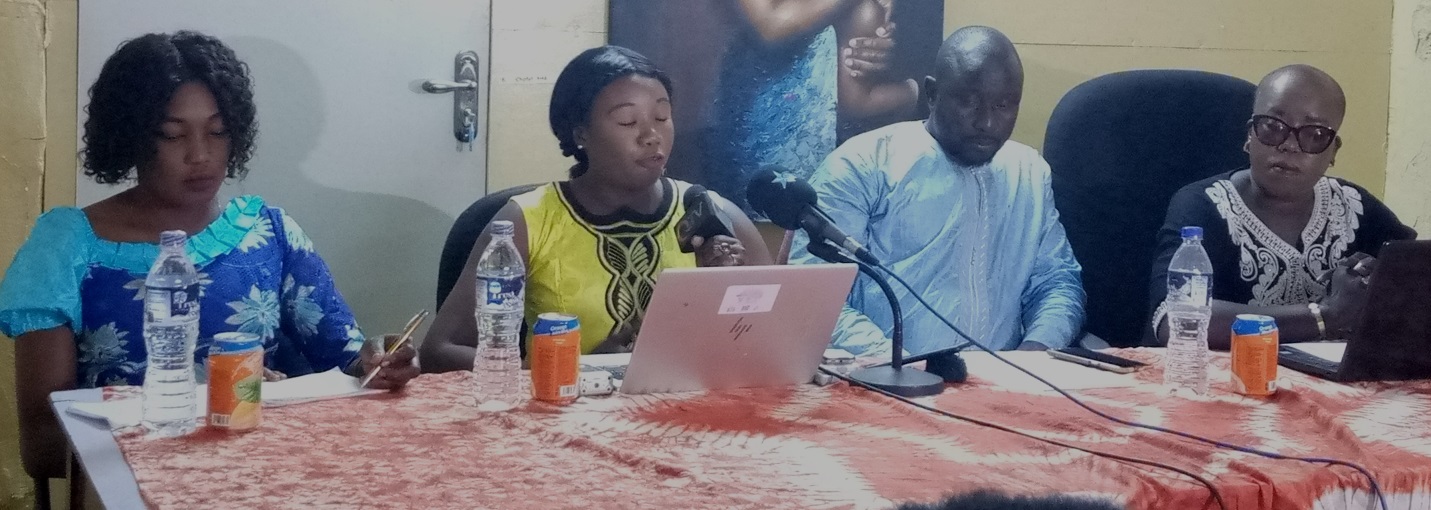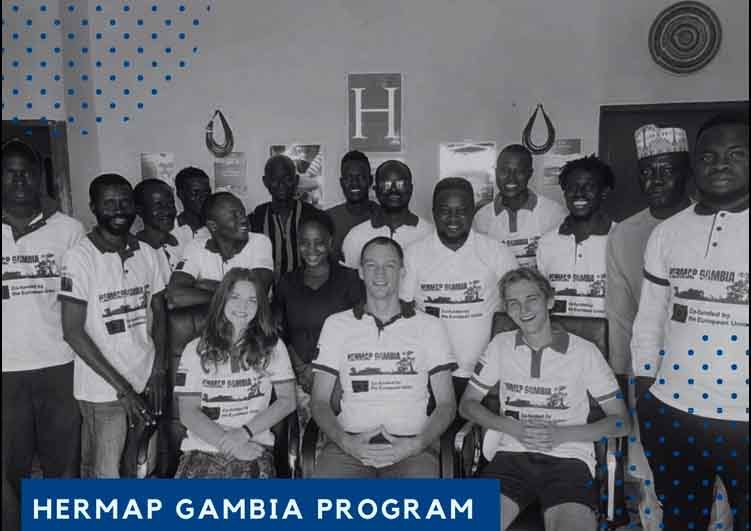By: Victor Ofuonye
In a bold move aimed at ending The Gambia’s overreliance on imported rice, Jah Agirc Foods and Farms has successfully cultivated and harvested its 4-kilometer rice field in Baya Ba village, located in the Sami District of the Central River Region.

President Adama Barrow during a break in his ‘Meet the People Tour’ visited the 4 km rice field to observe the progress of a rice project aimed at improving food security. Whilst there, President Barrow noted that The Gambia heavily relies on imported rice and other basic commodities to meet consumer demand, and that to change this narrative, his government is promoting private-sector engagement in rice production and encouraged businessmen to follow the example set by Mr. Hamidu Jah and invest in rice production. “With such projects, you contribute to food security, create jobs, and reduce dependency on foreign exchange,” the President explained.

Barrow went further to pledge to modernize the agricultural sector, to boost domestic rice production through partnerships with private investors, and went on to elaborate on plans to encourage private investment in rice farming, noting the high financial costs associated with large-scale rice cultivation.
“I have had discussions with local business leaders, urging them to invest in rice production, as this requires substantial capital that the government alone cannot provide. Notable figures like Hamidou Jah of Jah Oil, Muhammed Jah of Qcell, and the Ahmadiyya Jamaat Muslims are already involved in local rice farming. Their contributions will significantly support the country’s drive toward food security,” he explained.
Mr. Momodou Hydara, the Managing Director of Jah Oil Group and representative of Hamidu Jah, expressed gratitude for the government’s ongoing support. He appealed for NAWEC (National Water and Electricity Company) to invest in the area to enhance production capacity.

Hydara explained that by Investing in mechanized farming, the Jah Group has employed young people and women to support various aspects of the rice production process. He further adds that after completing a pilot phase, the Jah Group has acquired more machinery and aims to expand production to three or four cycles each year.
During his visit, President Barrow witnessed some of the harvesting processes and saw the final rice products packaged in bags.





